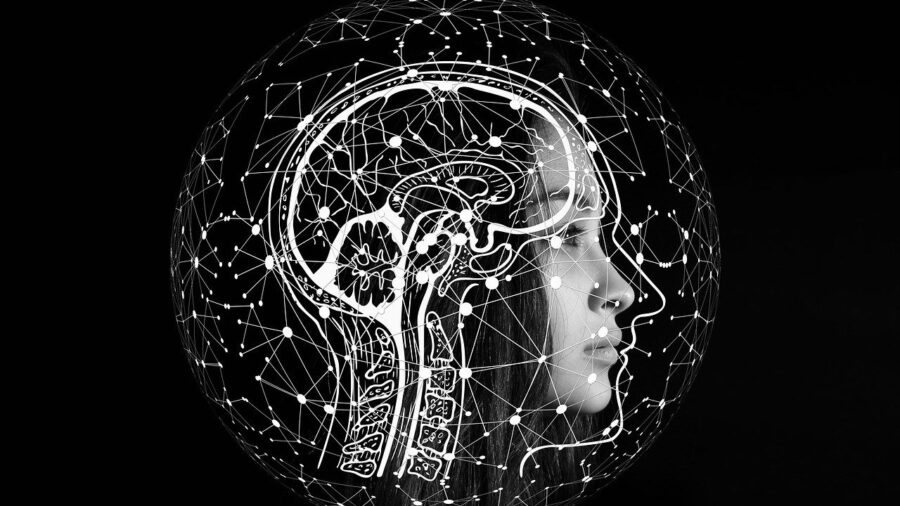Scientists Are Merging AI Right Into Human Brain Cells

Melbourne-based startup Cortical Labs recently received a $600,000 grant from Australia’s Office of National Intelligence to pursue the concept of merging AI with brain cells, according to The Byte.
We’re wondering if any of these researchers have ever watched a single science-fiction movie in their lives, or if they’ve just chosen to ignore the hundreds of cautionary tales about merging humans and machines together. But we’re not talking about directly implanting AI into a human brain, so we don’t have to worry about an army of Cylons overthrowing the government any time soon.
Project team lead Adeel Razi explains his hopes to one day replace silicon-based hardware with this new technology that involves supplementing AI technology with human brain cells that are grown in a lab dish. At the time of this writing, the team at Cortical Labs has already demonstrated that 800,000 brain cells in a Petri dish are capable of playing a very rudimentary version of the game Pong.
And while there is always the looming fear of a robot takeover just around the corner, it’s worth noting that this kind of research is in its infancy.
Though this current experiment doesn’t boast the presence of AI in the brain cells, but rather electrical impulses, the research grant will be used to explore this new, innovative, and somewhat frightening scientific development.
Though we’re far off from seeing a fully realized symbiotic relationship between AI and human brain cells, Razi is enthusiastic about the potential applications that this new technology will be able to deliver.
It seems that Razi and his team are getting a bit ahead of themselves when they say that they will eventually develop hardware that’s capable of continual lifelong learning, but you have to start somewhere. The end goal is to create hardware that’s capable of learning new skills without losing old ones.
At the time of this writing, the team at Cortical Labs has already demonstrated that 800,000 brain cells in a Petri dish are capable of playing a very rudimentary version of the game Pong.
Whats more, Razi is confident that this new AI brain cell technology could even learn on its own throughout its lifetime, and by doing so also be able to use its already existing knowledge to learn how to accomplish new tasks.
If researchers are able to successfully merge AI with brain cells, or at the very least replicate the neural networks that are found in a human brain through their research, the applications and implications are potentially endless.
But we’re not talking about directly implanting AI into a human brain, so we don’t have to worry about an army of Cylons overthrowing the government any time soon.

Razi suggests that this groundbreaking research could have an influences across multiple fields of scientific study, including, but not limited to: robotics, advanced automation, brain-machine interfaces, and drug discovery. Though the idea of a fully self-aware self-driving car is probably decades out, it’s fun to think about how far this technology could actually be developed.
And while there is always the looming fear of a robot takeover just around the corner, it’s worth noting that this kind of research is in its infancy. In other words, we’re simply talking about AI in its current state being supplemented with brain cells that are growing in what’s referred to as a “DishBrain system.”
The end goal is to come up with technology that makes our lives easier by using AI as a tool that can not only automate many tasks that we find frustrating, but also have a capability to learn new things.
If you think of this AI brain cell experiment as scientists trying to create a system that runs its own automatic updates based on learned experiences, it doesn’t sound as scary as it can be made out to be.












